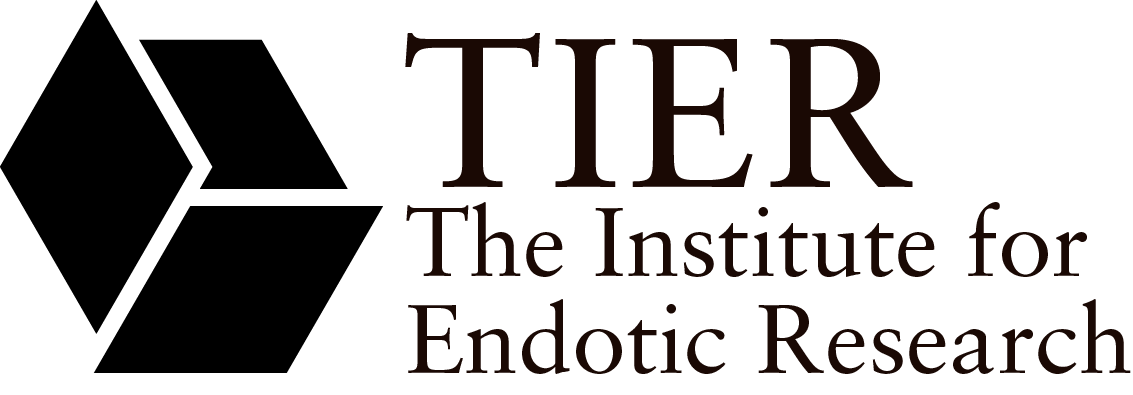 Friday 9 June. HOW TO DIGEST AVEC PLAISIR: Towards an Enzymatic Thinking Practice within the Art-World Today. Wilma Lukatsch moderated by Shoufay Derz
Friday 9 June. HOW TO DIGEST AVEC PLAISIR: Towards an Enzymatic Thinking Practice within the Art-World Today. Wilma Lukatsch moderated by Shoufay Derz
Encounter: Wilma Lukatsch moderated by Shoufay Derz
Title: HOW TO DIGEST AVEC PLAISIR: Towards an Enzymatic Thinking Practice within the Art-World Today
Date: June Friday 9
Time: 19:00-21:00
In 2022 Lukatsch realised the research- and conversation-based project How To Eat Avec Plaisir as a member of the documenta fifteen collective Jimmie Durham & A Stick in the Forest by the Side of the Road (https://documenta-fifteen.de/
BIO:
A writer, editor and researcher based in Berlin, Wilma Lukatsch (Dr. phil.) has graduate degrees in Art History, History of Religions and Sociology from the Freie Universität Berlin and the Humboldt-Universität zu Berlin. She has since been working and collaborating with artists and within the field of curating archives and collections. At the heart of her art/history practice she is focusing on developing a dialogue-based writing practice in close exchange and collaboration. She wrote her doctoral thesis on the inter-relational practices in the work of Maria Thereza Alves, and has asked for feminist and decolonial methodologies for understanding, addressing and reimagining artworks, archives and artists’ voices. For many years she has engaged in writing and is publishing books that connect art and histories to voices and contemporary geographies, in order to shift research and narrations to a decolonial praxis of being entangled. She is the founder of ROSINENWALDRAUSCHEN, a place of transcultural and aesthetic collaboration/s.
No RSVP required
Event held onsite: Donaustr. 84, 12043 Berlin
********************
Aurora vol. II. A Platform On Social Recipes, Filmmaking and Mutual Aid is a project of The Institute for Endotic Research (Shoufay Derz and Lorenzo Sandoval) in collaboration with Aouefa Amoussouvi with invited guests. It follows on from Aurora. A Platform on Ecology, Interdependence and Mutual Aid, initiated by Aouefa Amoussouvi, Benjamin T. Busch and Lorenzo Sandoval in June 2022.
“Aurora” is an interdisciplinary project that departs from the idea of mutual aid in order to better understand the connections between ecology and interdependence. Aurora, which stands for dawn, is among the most common symbols of hope. The project goes beyond criticism, proposing actionable strategies for imagining better futures. Aurora vol. II. hones in on the connections between methodologies of food culture, filmmaking and storytelling as much-needed tools for reshaping our present and future. It is a platform for our entangled narratives and the creation of commonalities with others across geographical distances and time.
As we move towards climate collapse at an accelerated rate, the practice of collaborative storytelling is a necessary response. Art historian Claire Bishop speaks about how filmmaking recognises the complexity of collaborative work by naming the various workers contributing to the realization of a project. Mutual aid is activated through the art practice of filmmaking both through its inherent organisational structures of production and through its narratives. In an age where screens are virtually ubiquitous, where devices enslave and entrap us in contemporary alienation, we are at the mercy of constant disinformation, emotional modulation and seduction so that capitalism can continue its metabolic absorption.
In this sense, Aurora Vol. II confronts screen culture through a programme of workshops, reading groups and seminars that seek to engender narratives of commonality, collaboration, interdependent working structures, mutual support and empathic spaces that allow us to develop strategies of solidarity. To find effective and sustainable responses, it is necessary to reimagine existing epistemological frameworks with an intersectional and interdependent approach. Presented from March to June 2023, the program prioritises collaborative production, therefore it facilitates the project’s aims of both understanding and practising mutual aid.
These events are free of charge, but registration is essential as spots are limited
If for any reason you cannot attend the event after registration, please cancel your tickets ASAP so that we can fill your place.
The health and safety of our community is our priority. Please do not attend this event if you are feeling unwell.
For the 2-day workshops: We recommend coming on both days. However, if you are only coming on one day, please indicate in your registration if you are only coming on one day and which one (day 1 or day 2).
Aurora vol. II. A Platform on Social Recipes, Filmmaking and Mutual Aid is supported by

